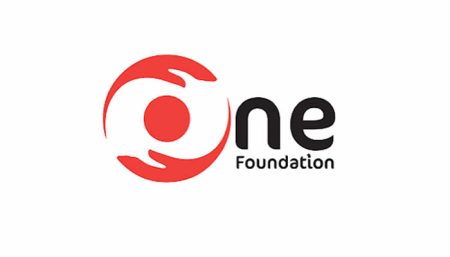The Nigerian Correctional Service (NCoS) is yet to commence the registration of inmates for National Identity Numbers (NIN) five months after receiving authorization from the National Identity Management Commission (NIMC). This initiative, green-lighted in January 2025, aims to integrate inmates into national development frameworks, bolster security within correctional facilities, and aid in the identification and recapture of escapees. The NCoS received the license to register inmates across its 256 custodial centers nationwide following a request by Controller General of Corrections, Sylvester Nwakuche, during a meeting with NIMC Director-General, Abisoye Coker-Odusote. Despite the approval and the recognized importance of this initiative, the on-the-ground registration process remains stalled.
The rationale behind the NIN registration for inmates is multifaceted. Primarily, it seeks to bridge the gap between the incarcerated population and national programs, ensuring that they are not entirely excluded from opportunities for development and rehabilitation. Furthermore, the unique identification provided by the NIN is expected to enhance internal security management within the correctional facilities. By having a verifiable identity linked to each inmate, the NCoS can improve record-keeping, track movement within facilities, and prevent potential security breaches. The NIN will also be a crucial tool in apprehending escaped inmates, as it provides a reliable means of identification that can be used by law enforcement agencies across the country.
Despite the clear benefits and the official approval, the implementation of the NIN registration program within correctional facilities has faced delays. Sources within the NCoS indicate that logistical preparations are still being finalized before the registration process can begin. The sheer scale of the undertaking, involving 256 custodial centers across the federation and a significant inmate population, necessitates meticulous planning and execution. The NCoS must ensure that the registration process is conducted efficiently and accurately, while also minimizing disruption to the daily operations of the correctional facilities.
NCoS spokesperson, Umar Abubakar, confirmed that the NIN registration program is actively in progress, emphasizing the complexities involved in implementing such a wide-ranging initiative. He stressed that the magnitude of the task, encompassing numerous correctional centers and a large inmate population, requires a comprehensive approach. The NCoS is working to ensure a smooth and effective rollout of the registration process, prioritizing the accurate capture of biometric data and the seamless integration of inmate information into the national identity database. The delay, while understandable given the logistical challenges, highlights the need for efficient project management and resource allocation to ensure the timely implementation of crucial programs.
The integration of inmates into the national identity system represents a significant step towards their rehabilitation and reintegration into society. By possessing a NIN, inmates will be better equipped to access essential services and participate in programs that can facilitate their successful return to the community. Moreover, the enhanced security features offered by the NIN registration will contribute to a safer environment within correctional facilities and improve the overall management of the inmate population. The successful implementation of this initiative is crucial for both the well-being of inmates and the overall security of the nation.
The delay in the commencement of the NIN registration process for inmates underscores the need for enhanced collaboration and coordination between the NCoS and the NIMC. Open communication channels and joint planning efforts can expedite the implementation process and address potential bottlenecks. Furthermore, adequate resources must be allocated to ensure the smooth and efficient execution of the registration program. This includes providing sufficient registration equipment, training personnel, and establishing clear protocols for data collection and management. The successful and timely completion of the NIN registration process will not only benefit the inmates but also contribute to a more secure and inclusive society.













